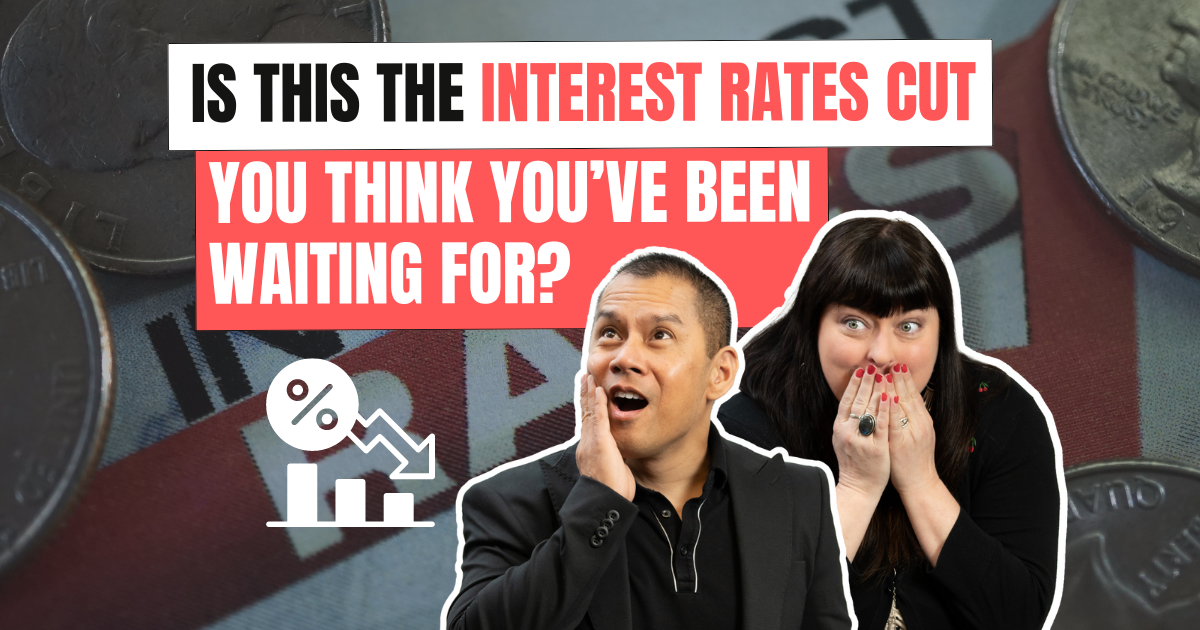Recently, the Federal Reserve made headlines with its decision to implement the most significant interest rate cut in four years—by a full half percent. While this may sound like great news for potential homebuyers, it’s important to understand exactly what this rate cut means and how it affects the real estate market. Here’s a closer look at the implications for both buyers and sellers.
Why Did the Fed Cut Rates?
The Federal Reserve’s decision to cut rates is aimed at bolstering the economy by preventing further slowdown and maintaining affordability. The hope is to stave off inflation while stimulating spending in key areas, such as credit cards and car loans, both of which are directly impacted by these cuts.
However, while this sounds positive for consumers, especially those looking to buy homes, there is a common misconception that this type of interest rate cut directly affects mortgage rates. The reality is more nuanced.
What Does This Mean for Mortgage Rates?
Despite the Federal Reserve’s rate cut, it doesn’t directly translate to lower mortgage interest rates. The cut primarily impacts short-term loans, such as credit card rates and auto loans, not long-term mortgages.
That said, mortgage interest rates have been on a slight downward trend since the middle of last year. In early 2023, rates were hovering around the 7% mark but have since dropped to the low 6% range. This is promising news for prospective buyers, as lower rates can help reduce monthly payments.
Are Home Prices Dropping?
Lower mortgage rates can make home buying more affordable in terms of monthly payments, but it’s essential to keep in mind that home prices are still rising. While they are not appreciating at the rapid, double-digit pace we saw in previous years, they are still growing at a steady 4% to 6% year over year. As a result, buyers are still paying a premium for homes due to ongoing demand and limited inventory.
One key reason for this limited supply is that many current homeowners are “locked in” to their homes with ultra-low mortgage rates around 3%, making them hesitant to sell and move up in the market.
Will the Rate Cut Motivate Sellers?
One potential upside to the interest rate cut is that it could motivate some homeowners to sell. Many homeowners have accumulated significant equity over the past few years, and with rates inching down, some might find it financially appealing to move to a new home. This could help loosen up the inventory crunch, offering more options for buyers. It’s a trend worth watching in the coming months.
Should You Buy a Home Now?
The decision to buy a home should always be based on your personal financial situation, not just on mortgage interest rates or market fluctuations. While lower rates can help make homeownership more affordable, they aren’t the only factor at play. With home prices still rising, buyers must weigh their overall economic situation, future goals, and ability to make a long-term investment.
If you’re considering purchasing a home, it’s essential to sit down with a real estate professional and create a strategy tailored to your needs. Whether it’s finding the right lender, locking in a favorable rate, or choosing a property that meets your long-term goals, having a solid plan is key to navigating today’s real estate market.
Final Thoughts
While the Federal Reserve’s recent interest rate cut is noteworthy, it doesn’t automatically make mortgages cheaper or homes more affordable. Homebuyers should focus on their broader financial situation and the overall housing market when making decisions. If now feels like the right time for you to buy, a trusted real estate agent can help you navigate the complexities of the market and connect you with lending professionals to secure the best rates available.
Remember, real estate decisions should be about more than just timing the market—they should be about finding the right home for you, at the right time, based on your unique circumstances.
Join Michele and Randolf in this weeks Monday Market Update video:

